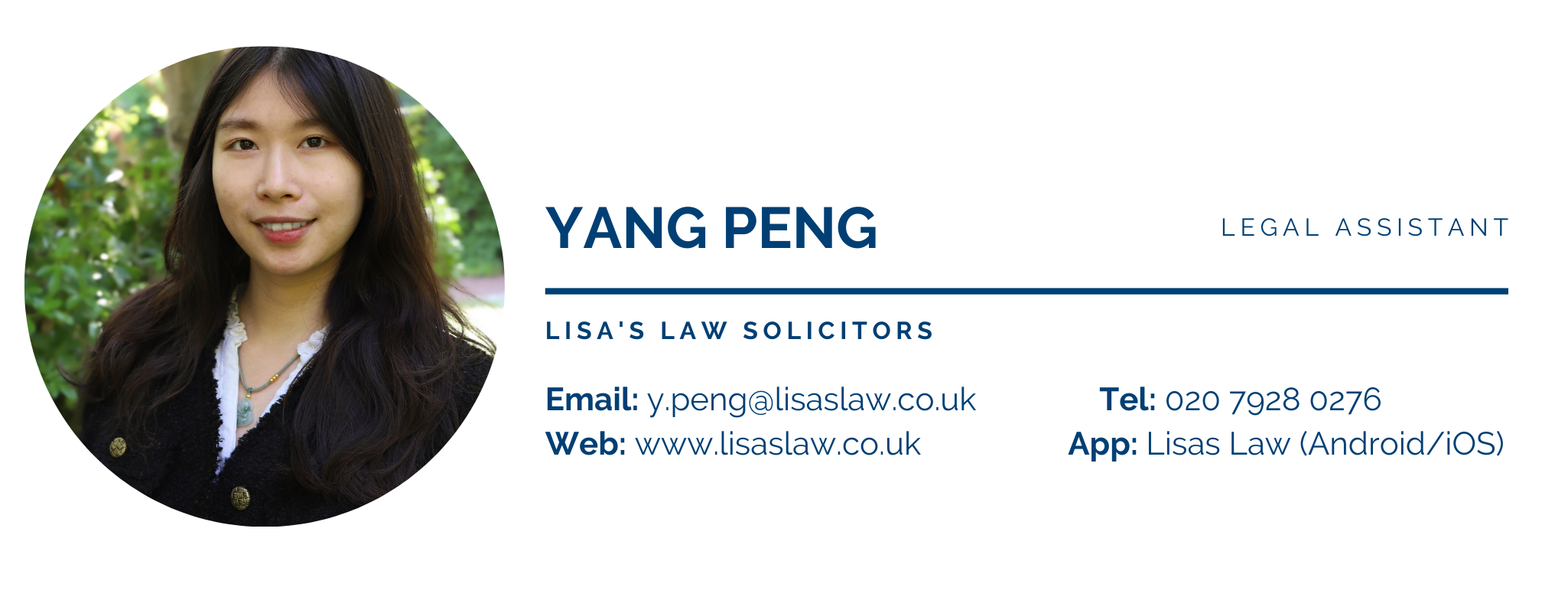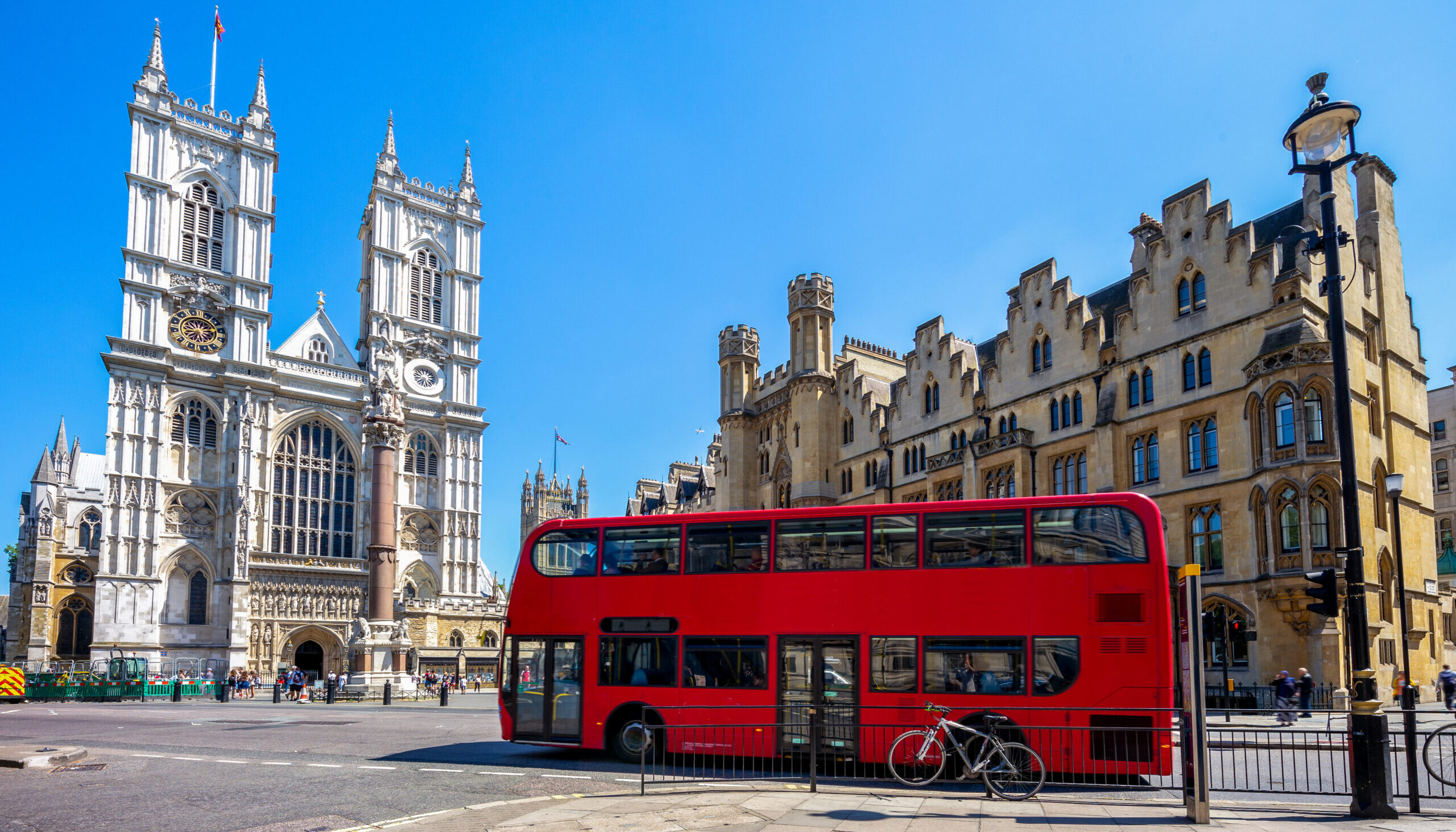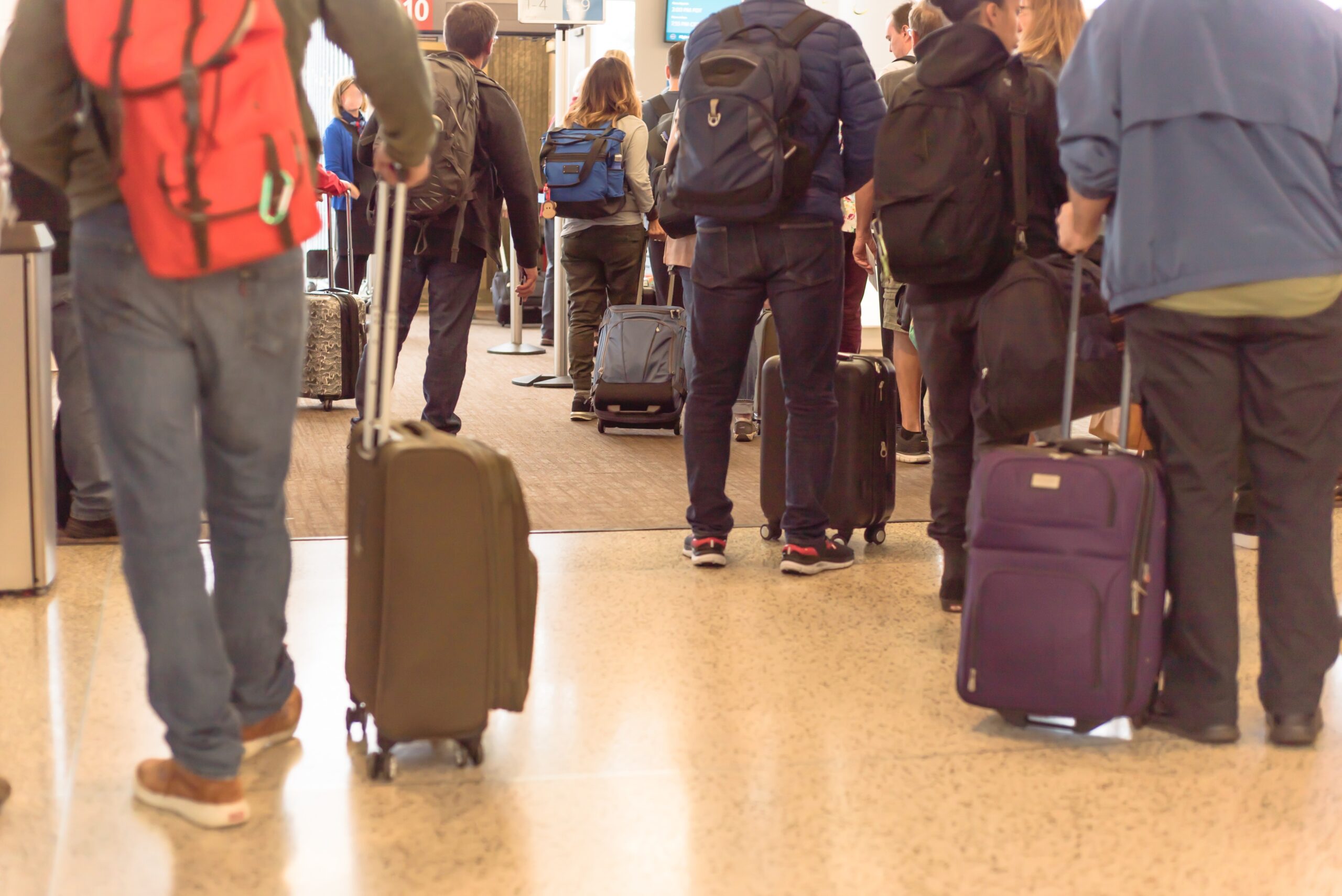
On November 8, the UK Home Office announced the draft legislation procedure of adding India and Georgia to the safe countries list within Section 80AA of the Nationality, Immigration and Asylum Act 2002. This means that if individuals from these countries seek asylum or make human rights claims in the UK, those claims would be considered inadmissible unless there are “exceptional circumstances.”
What is the Safe Countries list?
The Section 80 AA safe countries list was introduced by Section 59 of the Illegal Migration Act 2023. The upcoming regulations aim to expand this list.
According to Section 80A of the 2002 Act, any asylum claims made by EU nationals will be deemed inadmissible unless there are exceptional circumstances. Once the Section 59 of the Illegal Migration Act is fully enacted, Section 80A will be expanded beyond EU nationals and will apply to nationals of all countries on the list at section 80AA.
According to Section 80AA of the UK law, the Home Secretary can add a country to the safe countries list if there is “no serious risk of persecution of its nationals, and removal of nationals to that country cannot go against the UK’s obligations under the Human Rights Convention”, revealed the UK government.
The section 80AA list is also referred to in the Illegal Migration Act 2023 at Section 4 (unaccompanied children and power to provide for exceptions) and 6 (removal for the purposes of section 2 or 4), although neither section is yet in force. Section 6 provides that where the duty to remove applies, a person who has claimed asylum cannot be returned to their country of origin unless it is on the list in section 80AA. They could be returned to a country listed in the Schedule to the Act, but this would require those countries to agree to accept third country nationals.
Why are India and Georgia being added?
The Home Office justified including India and Georgia in the safe countries list based on asylum statistics, showing a significant number of asylum claims from these countries. This is despite the UK government claiming that people from there are not at risk of persecution.
For the UK government, there are two separate reasons for adding countries to the ‘safe’ list. The first one is that if the duty to remove was brought into force, an Indian national who claimed asylum could not be returned to India if it was not on the section 80AA list, but they could be sent to Rwanda (if there was a functioning transfer agreement in place). As there is no functioning agreement, it makes more sense for the government to add India to the section 80AA list so that Indian nationals can be returned there if the duty to remove is brought in.
The second reason is that even without the duty to remove, adding these countries to the list means that asylum and human rights claims made by their nationals must be deemed inadmissible under section 80A of the 2002 Act, absent “exceptional circumstances”.
Our Comments
By expanding the safe countries list, the UK government hope to strengthen the UK immigration system. In their view, this can be done by preventing unnecessary protection claims from asylum seekers as part of their goal to reduce migration.
Former Home Secretary Suella Braverman said expanding the ‘safe’ countries list will enable the UK government “to more swiftly remove people with no right to be here and sends a clear message that if you come here illegally, you cannot stay”.
However, concerns have been raised regarding the potential repercussions of this policy shift. Despite recognizing nationals from India and Georgia as refugees, the UK government recognizing nationals from India and Georgia as refugees, the process becomes more challenging for individuals from these countries seeking asylum. The apprehension is that this adjustment may result in some people being sent back to their home countries, possibly exposing them to persecution. This concern is heightened by the stringent requirement of “exceptional circumstances” needed to resist the return. This policy shift, while aiming to strengthen immigration control, raises human rights considerations and the potential risk of returning individuals to precarious situations.
Have questions? Get in touch today!
Call us on 020 7928 0276, phone calls are operating as usual and will be taking calls from 9:30am to 6:00pm.
Email us on info@lisaslaw.co.uk.
Use the Ask Lisa function on our website. Simply enter your details and leave a message, we will get right back to you: https://lisaslaw.co.uk/ask-question/
For more updates, follow us on our social media platforms! You can find them all on our Linktree right here.











